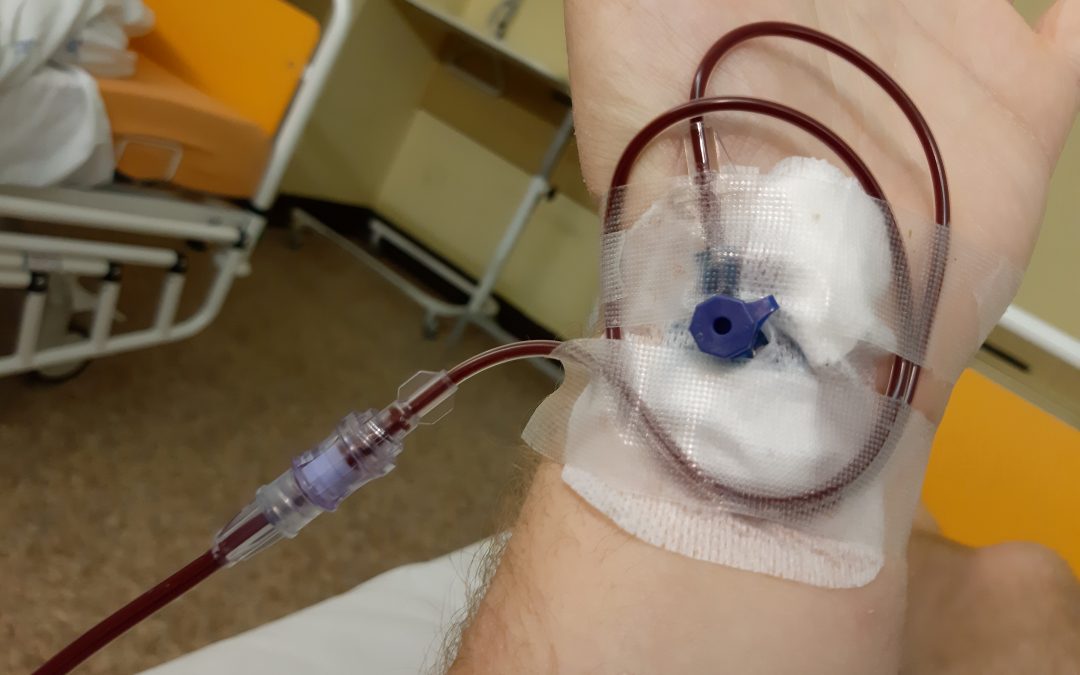Methodology: 4/5
Usefulness: 3.5/5
Bouzat P, et al. JAMA. 2023 Mar 21:e234080. doi: 10.1001/jama.2023.4080.
Question and Methods: This double-blind, randomized, placebo-controlled superiority trial aimed to assess whether 4F-PCC decreases 24hr blood product consumption for trauma patients at risk of massive transfusion.
Findings: There was no statistically significant difference in median total 24hr blood product consumption (12 [5-19]U in 4F-PCC group vs. 11 [6-19]U in the placebo group) and more thromboembolic events in the 4F-PCC group (56 pts [35%] in 4F-PCC group vs. 37 patients [24%] in placebo group).
Limitations: Primary outcome was a surrogate endpoint rather than a patient-centered and a combination of 4F-PCC + TXA was used with TXA and 4F-PCC having a potential interactions causing increased VTE.
Interpretation: Given no benefit in reducing transfusion requirements and higher risks of VTE, 4F-PCC should not be used empirically in the resuscitation of trauma patients at risk for massive transfusion.
JC Supervisor: Dr. Jeff Perry
Authors
-

Dr. Newton is an FRCPC Emergency Medicine resident at the University of Ottawa.
View all posts -

Dr. Rosenberg is an emergency physician at the Ottawa Hospital, associate professor at the University of Ottawa, and Director of the Digital Scholarship and Knowledge Dissemination Program.
View all posts -

Dr. Perry is an Emergency Physician and full Professor in the department of Epidemiology and Community Medicine. He has a special research interest in subarachnoid hemorrhage, TIA and stroke.
View all posts

